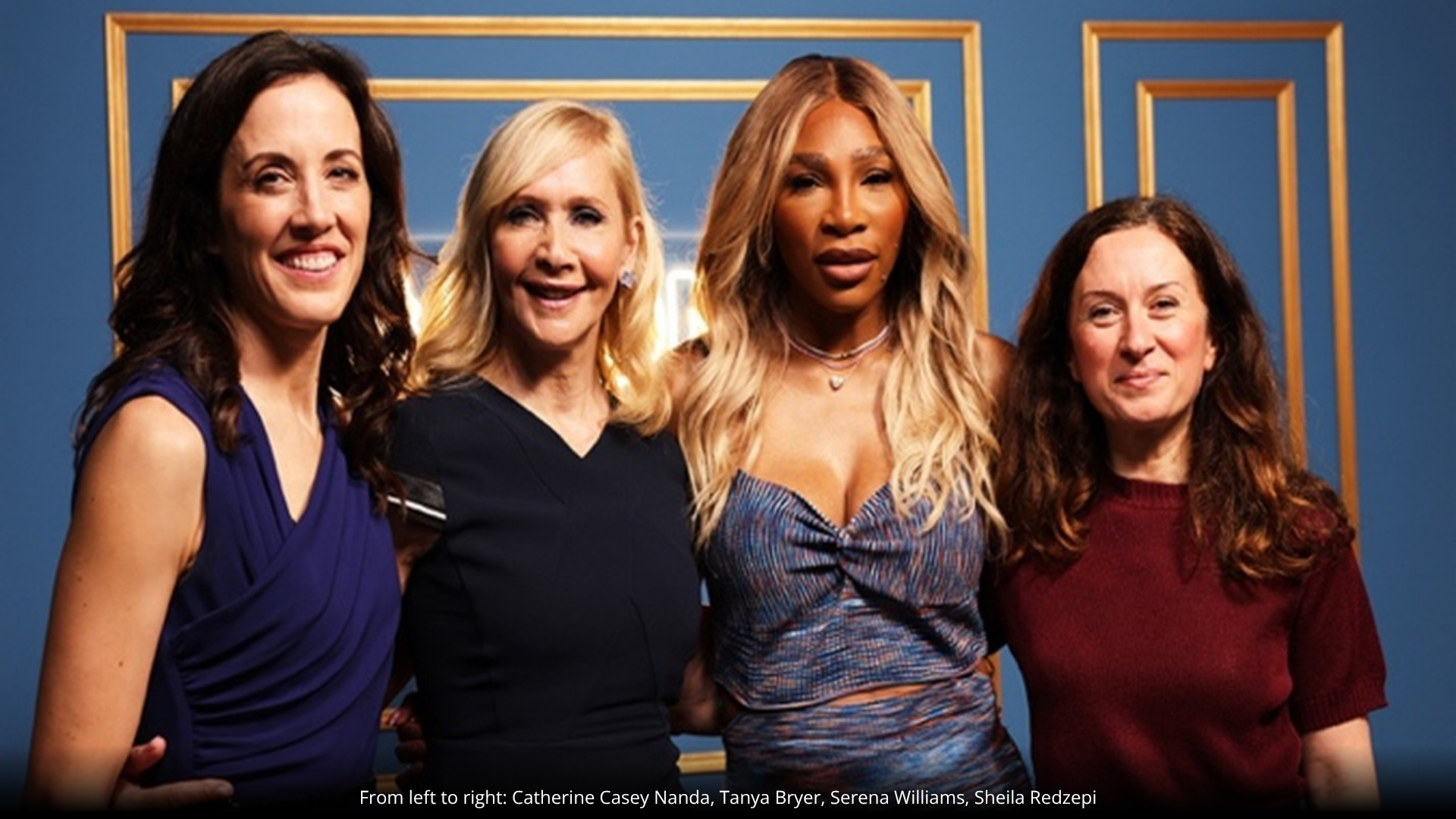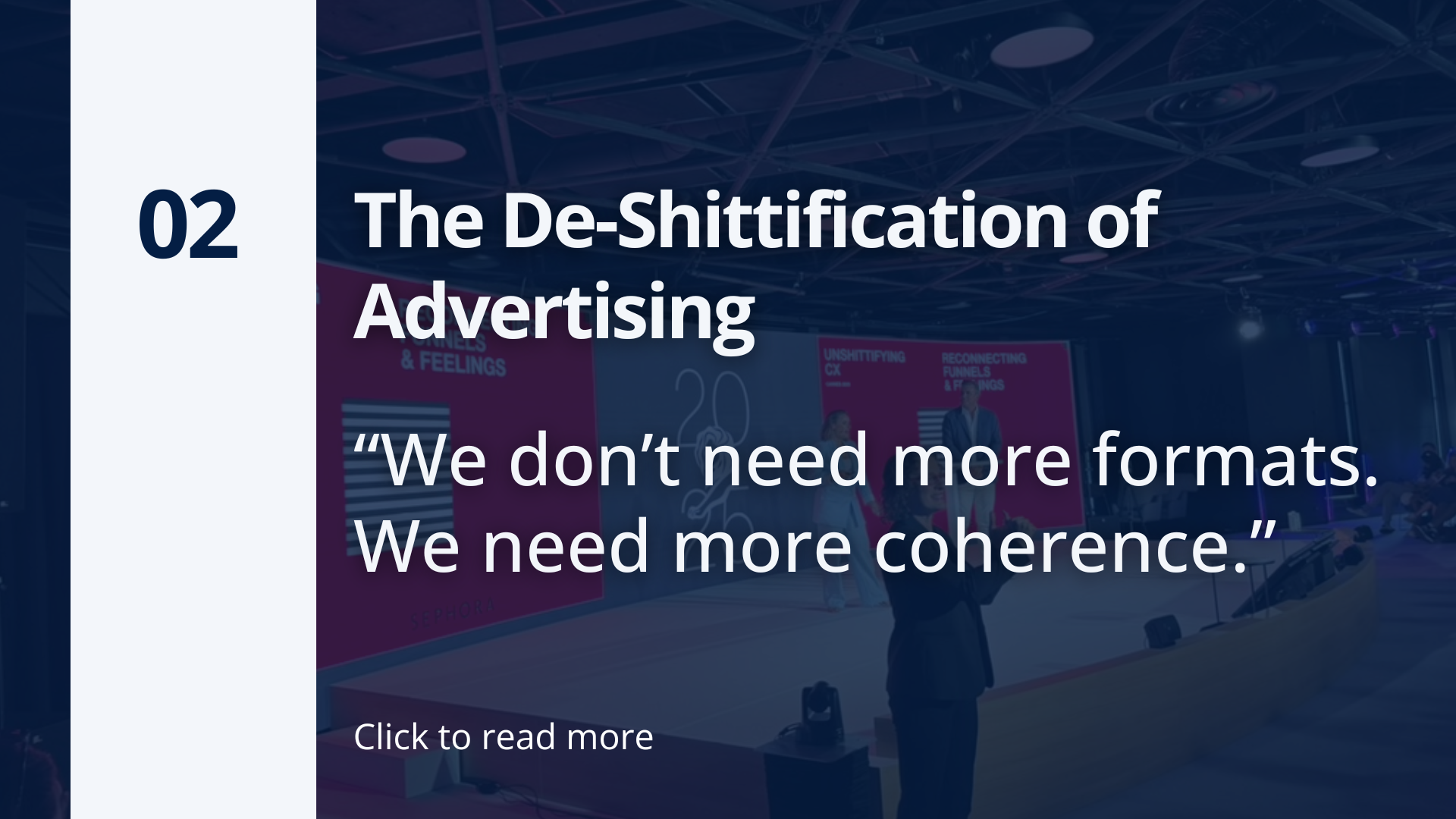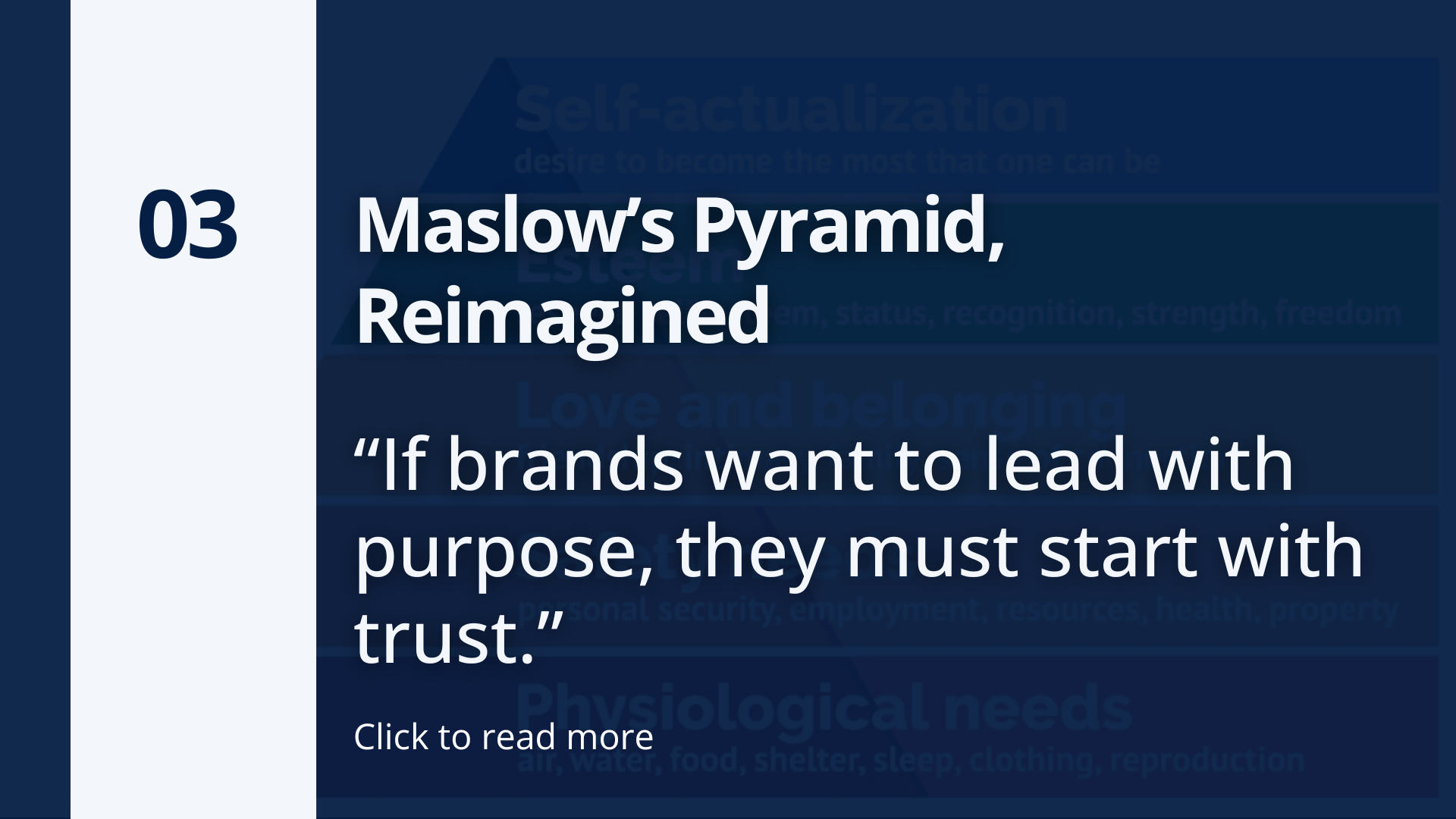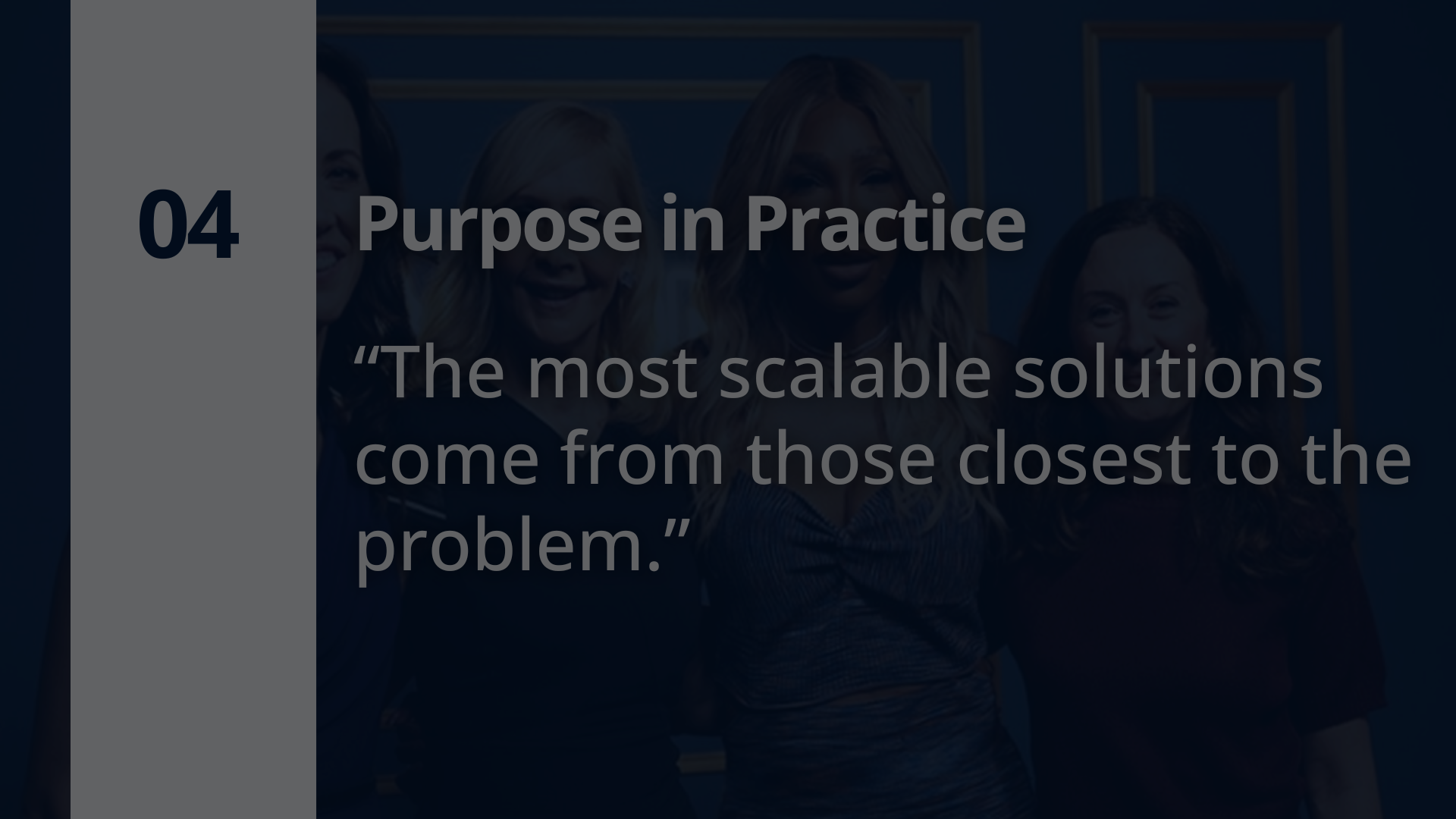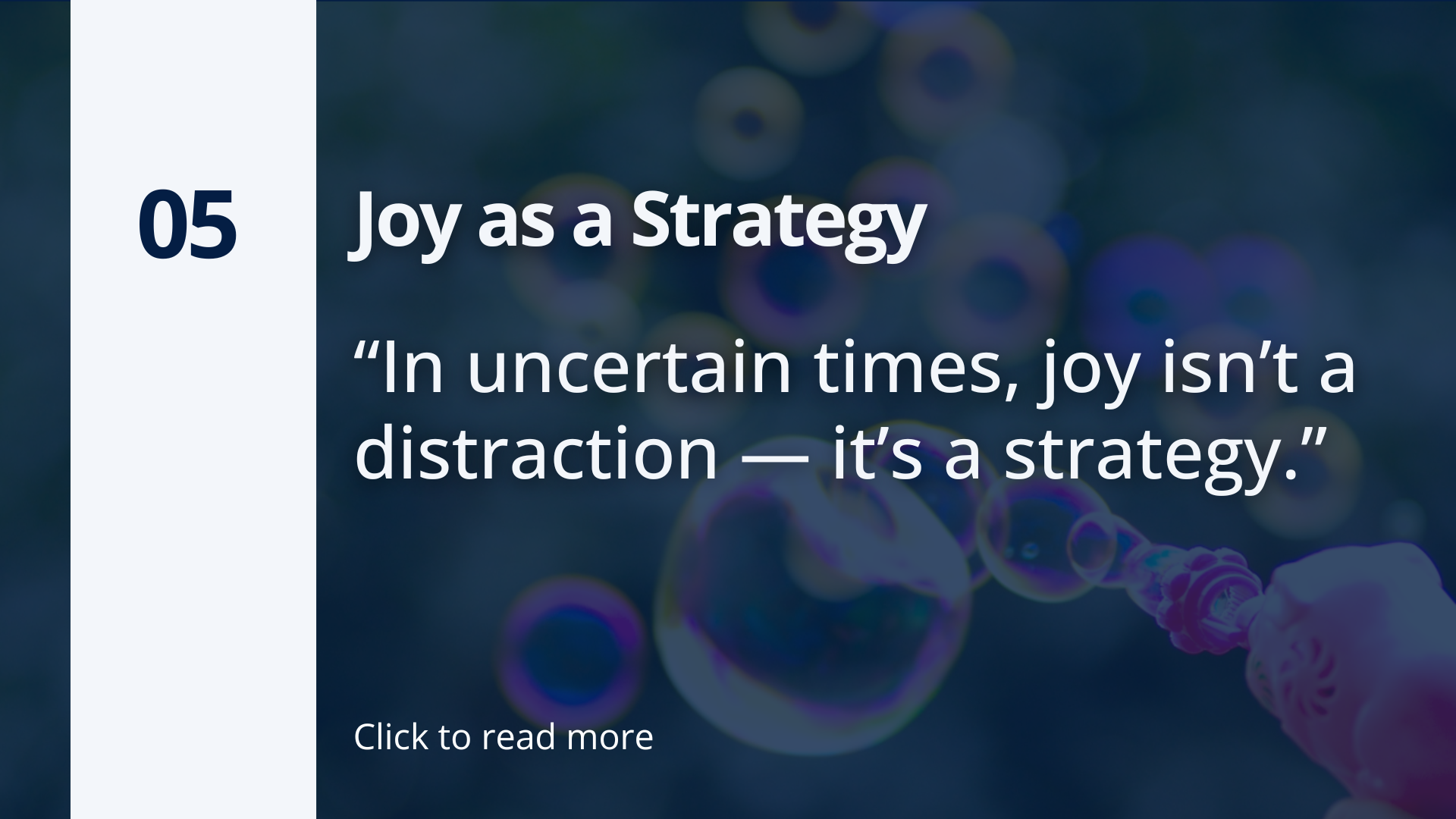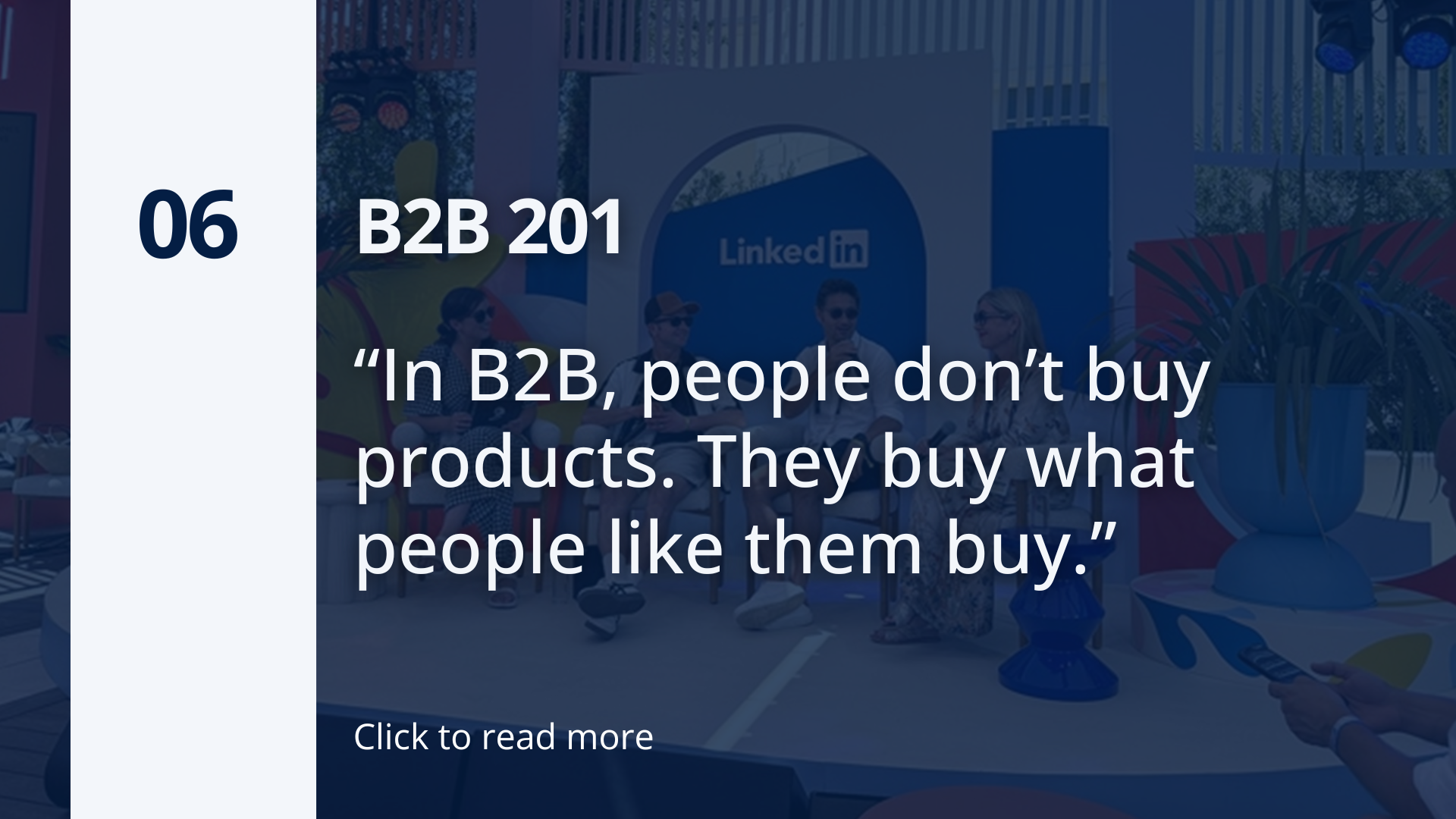By Sonia Carreno, President, IAB Canada
Purpose in Practice – Meeting Innovation Where it’s Needed Most
Today’s moment of global sobriety was brought to us by an engaging panel of powerful women leading the charge on innovation where it’s needed most – for underrepresented entrepreneurs like women and especially women of colour and for underrepresented populations. The session opened with two stark facts – half the world still lacks access to basic healthcare and one in four people don’t have safe drinking water.
This kicked off the Impact Innovators Building a Healthier World session – moderated by Tanya Bryer OBE and featuring Serena Williams, Catherine Casey Nanda of Acumen America, and Sheila Redzepi from Reckitt. What made this session stand out was not just the data. It was the decisive and focused action being taken to confront the issue at a systemic level.
The Real Face of Innovation
Marketing is obsessed with talk about innovation. We can’t get enough of AI, personalization and the latest media strategies to cut through the clutter to reach our audiences. This panel delivered something much deeper and urgent. This discussion was all about innovation as a tool for survival, dignity, and equity.

Reckitt | Impact Innovators: Building a Healthier World
23-time Grand Slam winner Serena Williams talked about her evolution from athlete to entrepreneur and investor. Williams is no stranger to investing for good. In fact, Serena Ventures has been backing founders from underrepresented communities for over a decade. She doesn’t do it for optics. She does it because she’s come to understand that the best ideas and innovations often come from people on the ground and closest to the problem. Watching the tremendous growth of DTC brands over the years, its true that the most successful start-ups are those that tell the story of wanting to solve a real problem. In underrepresented populations and geographies, these entrepreneurs tend to be overlooked and underfunded.
A Data Point We Shouldn’t Ignore
Catherine Casey Nanda brought jaw dropping numbers to light: only 2% of venture funding goes to women. Meanwhile, women-led businesses consistently outperform on returns and job creation. In healthcare, where women deliver 90% of frontline services, the disconnect is staggering.
And yet, they keep showing up. Some examples cited today were about women working hard to deliver progressive offerings like a water-harvesting startup in Pakistan and in East Africa, an AI-driven diagnostics solution. It was clear that community-led innovation can solve serious issues on the ground with the empathy, speed, and cultural precision that global NGOs could only dream of.
Brands as “Catalysts” – Not Just Sponsors
Reckitt’s approach, outlined by Sheila Redzepi, is worth studying. Rather than dropping into communities with branded solutions, they partnered with Acumen and others to fund and scale local entrepreneurs. They’ve supported over 60 innovations across 13 countries – focusing not on logo visibility, but on lasting change.
Their newest move? Launching Reckitt Catalyst – a global platform to support health and hygiene entrepreneurs, with Serena Williams as their Entrepreneur in Residence. This isn’t a CSR play. It’s a strategic investment in scalable solutions to the world’s biggest problems.
The Takeaway for Brands
This session delivered a masterclass in how not to do purpose theater. The brands and individuals here weren’t chasing headlines. They were focused on moving the needle. And in doing so, they offered a few sharp lessons:
- Proximity is power. If your solution isn’t shaped by the community it serves, it probably misses the mark.
- Equity is a strategy, not a slogan. Ignoring diverse founders isn’t just unjust – it’s bad business.
- Purpose needs scaffolding. Funding, mentorship, and long-term commitment – not just a campaign brief.
In a week where “brand purpose” is everywhere, this was a reminder of what it looks like when purpose is practiced – not just preached. When done right, it doesn’t just feel good – it works. It scales. It saves lives.
When real impact is achieved and brands can celebrate collective victories with significant global impact, it builds the kind of trust that they’ve struggled so hard to earn back.
More Bold Ideas from Cannes Lions 2025
This article was published in Globe Media’s Coverage of Cannes Lions 2025
Sonia Carreno is a proud member of the Cannes Lions Advisory Board
